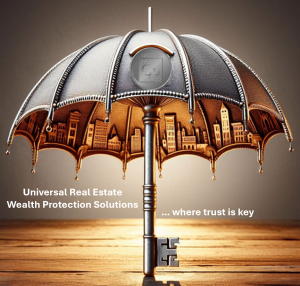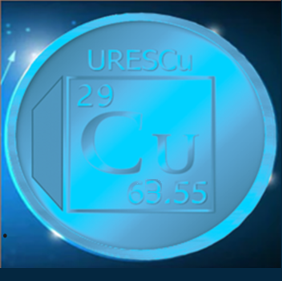

- Accredited Investor
- Address
- After Repair Value
- ARV
- Airdrop
- Anti-Money Laundering
- AML
- Appreciation
- As-is
- Ask-Me-Anything
- AMA
- Asymmetric Key Cryptography
- Atomic
- Automated Market Maker (AMM)
- Bad Debt Buying
- Bargain and Sale Deed
- Barter
- Barter currency
- Barter cryptocurrency
- Basis
- Basis Point
- Bitcoin
- Blockchain
- Bonding Curve
- Bricked Funds
- Bridge Loan
- Burn
- Cashflow
- Cash-on-cash return
- Closely Held
- Coin
- Collateralized Currency
- Collateralized Debt Obligation
- Consensus Protocol
- Contract Account
- Control
- Credit delegation
- Crypto-asset
- Crypto exchange
- Cryptocurrency
- Cryptographic Hash
- Current Condition Value
- CCV
- dApp
- Debt
- Decentralized Autonomous Organization
- DAO
- Decentralized Exchange
- DEX
- Decentralized Finance
- DeFi
- Deed
- Deed of Trust
- DOT
- DeFi
- DeFi Legos
- Depreciation
- Digest
- Direct Incentive
- Double Spend
- Due Diligence
- Dutch Auction
- Equity
- Equity token
- ERC-20
- ERC-721
- ERC-1155
- Escrow
- Ethereum
- ETH
- Ethereum 2.0
- Ethereum
- Externally Owned Account
- EOA
- Factoring
- Fair Market Value
- FMV
- Fiat Currency
- Fintech
- Flash Loan
- Flash swap
- Fork
- Fungible
- Non-fungible
- Gas
- Geoblock
- Governance Coin
- Governance Token
- Governance Token
- Governance Coin
- Grant Deed
- Halting Problem
- Hash
- Hexadecimal
- Horizontal Scaling
- Impermanent Loss
- Incentive
- Initial Defi Offering
- IDO
- Initial DeFi Offering
- IDO
- Initial Exchange Offering
- IEO
- Invariant
- Keeper
- Know Your Business
- KYB
- Know Your Customer (KYC)
- KYC
- Layer 2
- Leasehold
- Liquidity
- Liquidity Provider
- LP
- Mainnet
- Mezzanine Debt
- Miner
- Miner Extractable Value
- Mint
- Mortgage Deed
- Multi-family Housing
- MFH
- Networked Liquidity
- Node
- Non-fungible
- Fungible
- Non-Fungible Token
- NFT
- Non-recourse loan
- Nonce
- Note Brokering
- Buying
- Optimistic Rollup
- Option
- Oracle
- Order Book Matching
- Perpetual futures contract
- Points
- Private Offering
- Proof of Stake
- PoS
- Proof of Work (PoW)
- PoW
- Quitclaim Deed
- Real Estate Owned
- REO
- REXNET
- Router Contracts
- Scaling Risk
- Schelling-Point Oracle
- Seller financing
- Sharding
- Single Family Housing
- Single Family Residence
- SFH
- Single Family Residence
- Single Family Housing
- SFR
- Slashing
- Slashing Condition
- Smart Contract
- Sophisticated Investor
- Sovereign Lien
- Special Purpose Deeds
- Specie
- Stablecoin
- Staked Incentive
- Staking
- Swap
- Symmetric Key Cryptography
- Testnet
- Token
- Token vs coins
- Trading pairs
- Transparency
- TROPTIONS
- XTROPTIONS
- Utility Token
- Value
- Vampirism
- Vault
- Velocity of Capital
- Vertical Scaling
- Vet
- Vett
- Wallet
- Crypto-wallet
- Warranty Deed
- Wholesaler
- Yield Farming
A Deed of Trust is a type of secured real-estate transaction that some states use instead of mortgages. A deed of trust involves three parties: a lender, a borrower, and a trustee. The lender gives the borrower money. In exchange, the borrower gives the lender one or more promissory notes. As security for the promissory notes, the borrower transfers a real property interest to a third-party trustee. Should the borrower default on the terms of her loan, the trustee may take full control of the property to correct the borrower’s default. Usually, the trustee is a title company. In most states, the borrower actually transfers legal title to the trustee, who holds the property in trust for the use and benefit of the borrower. In other states, the trustee merely holds a lien on the property. Deeds of trust almost always include a power-of-sale clause, which allows the trustee to conduct a non-judicial foreclosure – that is, sell the property without first getting a court order.

